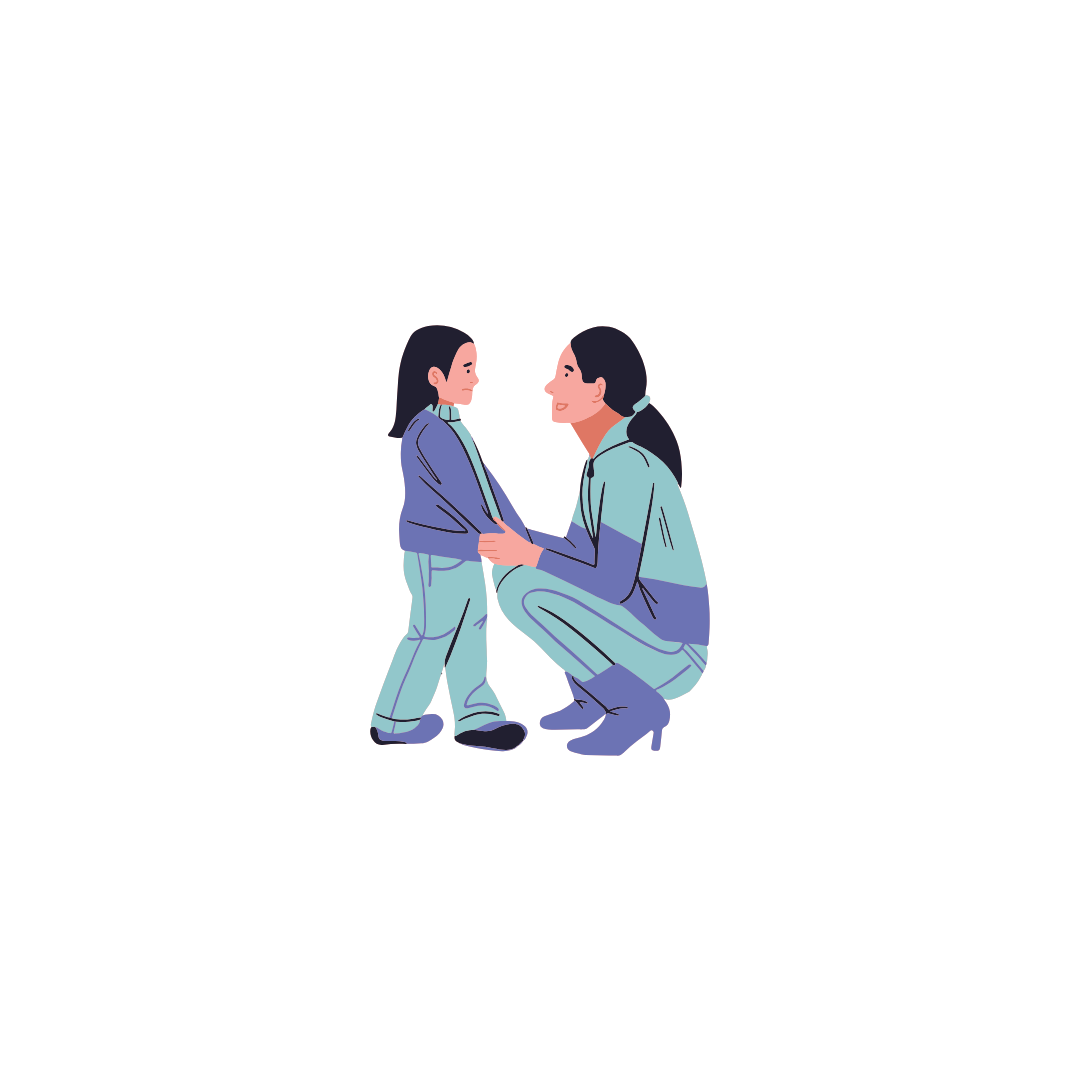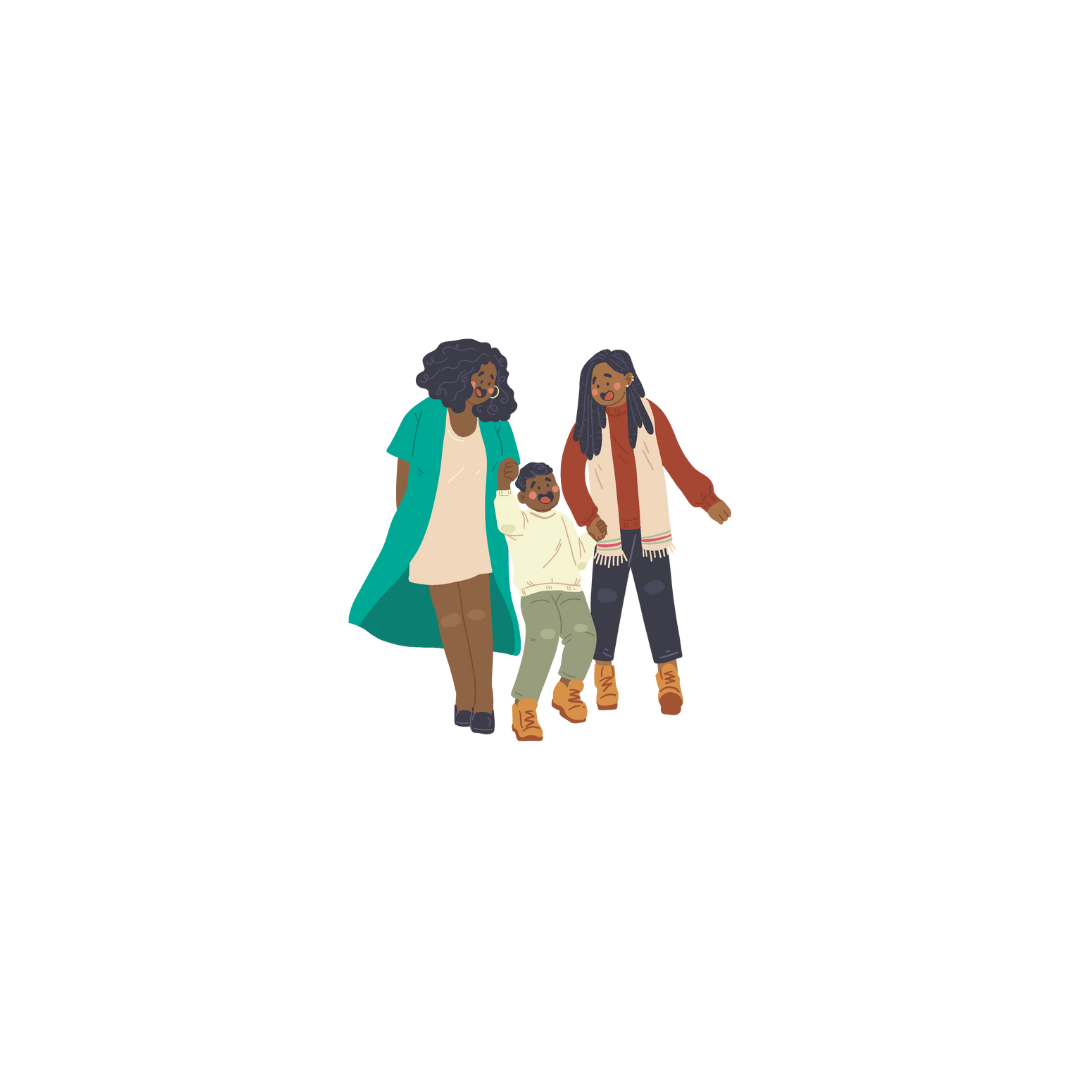The Role of Family in Supporting Someone with OCD
Introduction
Obsessive-Compulsive Disorder (OCD) is often described as a “family disorder.” Not because it’s contagious, but because it doesn’t just affect the person living with it—it impacts everyone around them. Families often witness the late-night rituals, hear the constant requests for reassurance, and feel the ripple effects of anxiety in the home.
When someone you love has OCD, it’s natural to want to help. But supporting them isn’t always straightforward. Sometimes what feels like help (answering reassurance questions, joining in rituals) can actually make OCD stronger. Other times, family members may feel frustrated or helpless, unsure how to respond.
This blog explores the crucial role families play in supporting loved ones with OCD. We’ll look at the challenges, the do’s and don’ts, and practical ways families can provide support without feeding the disorder.
Understanding OCD from a Family Perspective
OCD is made up of two parts:
Obsessions: intrusive, unwanted thoughts, images, or urges that create distress.
Compulsions: repetitive behaviors or mental rituals done to reduce anxiety.
For the person with OCD, rituals can feel urgent and unavoidable. For family members, these rituals may look confusing, unnecessary, or even frustrating.
But here’s the important part: the person isn’t choosing OCD. They’re caught in a cycle of fear and relief. Families who understand this cycle are better equipped to respond with compassion instead of criticism.
The Impact of OCD on Families
When OCD enters a household, it often reshapes family dynamics:
Daily routines change. The family may avoid certain places, objects, or activities to prevent triggering OCD.
Time gets consumed. Rituals and reassurance-seeking can take hours, disrupting meals, bedtimes, and schedules.
Relationships are strained. Parents may disagree on how to handle compulsions, siblings may feel overlooked, or partners may feel distant.
Stress rises. Watching a loved one suffer is emotionally draining. Families may feel helpless or resentful.
Understanding these impacts is the first step in finding balance—supporting the person with OCD while also protecting the family’s well-being.
Common Family Reactions
Families often respond in predictable ways, even if unintentional:
Accommodation
Joining or enabling rituals—for example, opening doors for someone with contamination OCD, or providing constant reassurance. While it reduces stress in the short term, it strengthens OCD in the long term.Avoidance
Steering clear of triggers—like skipping family outings, avoiding certain words, or tiptoeing around topics—so the person with OCD won’t feel anxious. This can shrink everyone’s world.Frustration or Anger
Out of exhaustion, families may snap: “Just stop already!” This usually backfires, deepening shame and conflict.Overprotection
Families may try to shield their loved one from any distress. But avoiding discomfort makes it harder for them to build resilience through treatment.
Recognizing these patterns is essential to shifting toward healthier, more supportive responses.
What Families Can Do to Help
Supporting a loved one with OCD requires a balance of compassion and boundaries. Here are some evidence-based ways families can help:
1. Educate Yourself About OCD
Knowledge is power. Learn what OCD is—and what it isn’t. Understanding that obsessions are intrusive and unwanted helps families respond with empathy instead of judgment.
2. Support Treatment
Encourage your loved one to seek therapy—especially Exposure and Response Prevention (ERP), the gold standard for OCD. Families can play a big role by:
Helping with transportation or scheduling.
Participating in family sessions.
Reinforcing therapy goals at home.
3. Reduce Accommodation
Instead of joining rituals or providing endless reassurance, families can gently step back. For example:
If asked, “Are you sure I didn’t offend them?” respond with: “I know you’re anxious, but I don’t want to feed the OCD.”
If rituals disrupt the family routine, set limits with kindness: “I love you, but we can’t delay dinner for the handwashing ritual.”
4. Practice Compassionate Boundaries
Supporting doesn’t mean giving in to OCD. It means caring for the person while refusing to strengthen the disorder. Boundaries help both the loved one and the family thrive.
5. Encourage Small Wins
Celebrate progress, no matter how small. Skipping one ritual or tolerating uncertainty for five minutes is a victory. Families can highlight effort instead of only outcomes.
6. Take Care of Yourself
Families can’t pour from an empty cup. It’s okay to seek therapy, join support groups, or set aside time for personal needs. Caring for yourself is part of caring for your loved one.
Supporting Children with OCD
When a child has OCD, parents often feel especially helpless. Here’s what helps:
Consistency: Create routines but don’t allow OCD to dictate the household.
Collaboration: Work with school staff for accommodations.
Reassurance reduction: Gently guide children away from constant reassurance-seeking.
Modeling calmness: Children learn from parents’ responses. Staying calm (even when it’s hard) helps reduce panic.
Supporting Teens with OCD
Teens may feel embarrassed, secretive, or resistant to treatment. Families can:
Respect their privacy but offer support.
Normalize therapy as a strength, not a weakness.
Avoid criticism—teens with OCD often already feel “different.”
Focus on values and goals, like friendships or hobbies, instead of only focusing on symptoms.
Supporting Adults with OCD
When supporting an adult child, partner, or sibling:
Avoid slipping into a caregiver-only role. Encourage independence where possible.
Respect autonomy while still setting limits on how much OCD can dictate shared routines.
Communicate openly about needs and boundaries.
What Families Should Avoid
Criticism: Saying “Just stop” or mocking rituals increases shame.
Over-accommodation: Constantly adjusting routines strengthens OCD.
Ignoring your own needs: Burnout helps no one.
Expecting quick recovery: Progress takes time, with ups and downs.
Resources for Families
Books:
Loving Someone with OCD by Karen J. Landsman
The Family Guide to Getting Over OCD by Jonathan Abramowitz
Organizations:
International OCD Foundation (IOCDF)
Anxiety & Depression Association of America (ADAA)
Support Groups: Both in-person and online groups for families and caregivers.
Looking Forward
Families cannot cure OCD, but they can make recovery possible. By learning, setting boundaries, and offering steady love, families create the conditions where healing can take root.
For the person with OCD, knowing their family stands beside them—not against them, not enabling the OCD, but supporting them—can be a powerful motivator in treatment and in life.
Conclusion
OCD affects the whole family, but families also play a key role in recovery. By understanding the disorder, reducing accommodation, setting compassionate boundaries, and supporting treatment, families can help their loved ones reclaim freedom from OCD.
It’s not about perfection—it’s about progress, patience, and persistence. Families don’t have to fight OCD alone, and neither does the person living with it. Together, step by step, healing is possible.


